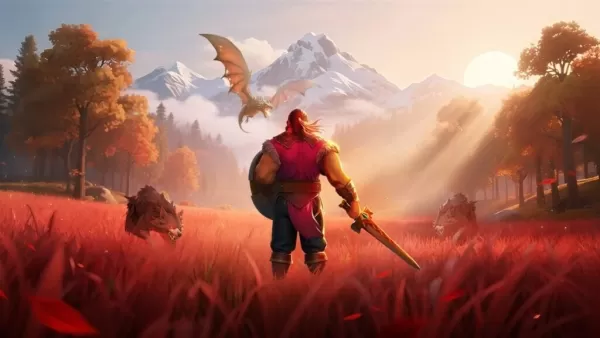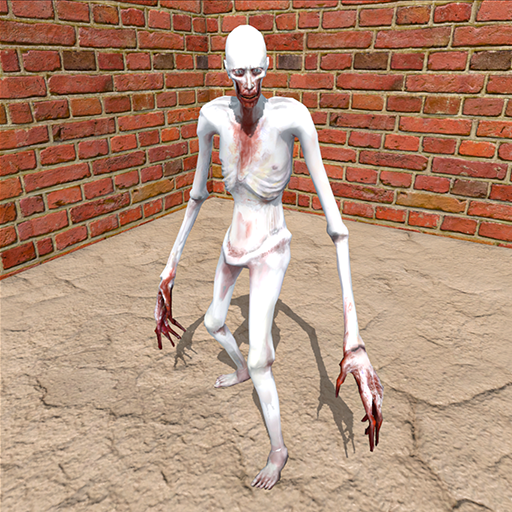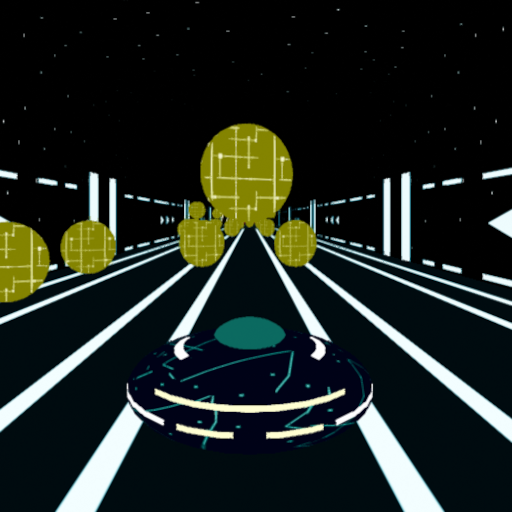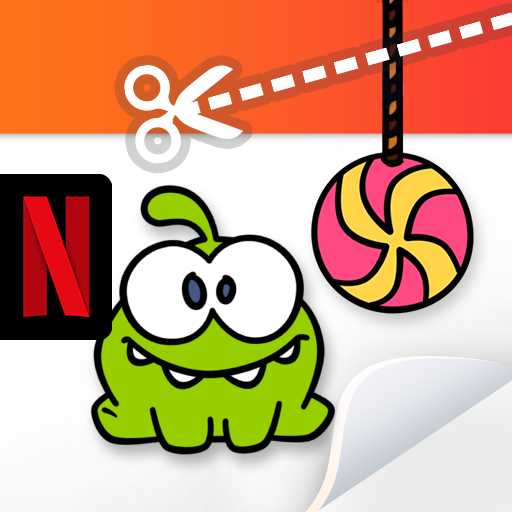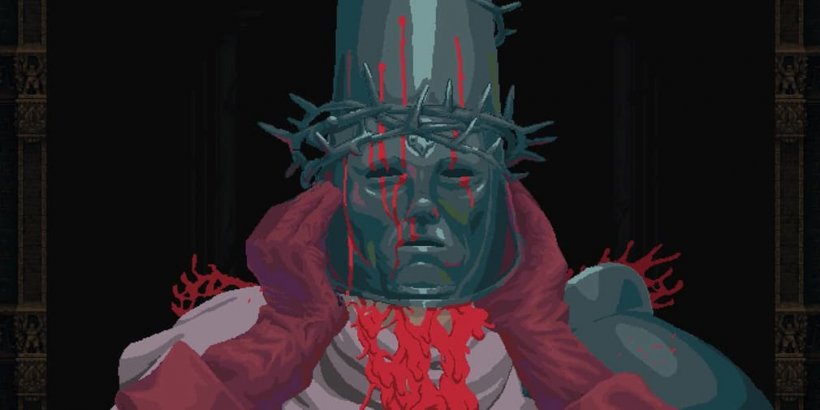Capcom Uses AI to Generate Vast In-Game Environment Ideas
In the ever-evolving world of video game development, Capcom is pioneering the use of generative AI to tackle the mammoth task of generating "hundreds of thousands" of ideas needed for in-game environments. As the costs associated with game development continue to soar, game publishers are increasingly turning to AI tools to streamline processes and reduce expenses. For instance, Call of Duty made headlines by selling an "AI-generated cosmetic" for Call of Duty: Modern Warfare 3 in late 2023, and faced fan backlash over suspected AI use in a loading screen. Meanwhile, EA has proclaimed AI to be at "the very core" of its business strategy.
In a revealing interview with Google Cloud Japan, Kazuki Abe, a seasoned technical director at Capcom known for his work on blockbuster titles like Monster Hunter: World and Exoprimal, shed light on how the company is leveraging AI in its game development pipeline. Abe pinpointed the creation of unique ideas as one of the most time-consuming and labor-intensive aspects of game development. He explained that even items as commonplace as televisions require distinct designs, logos, and shapes, necessitating the generation of an immense number of proposals. "Including unused ones, we ended up having to come up with hundreds of thousands of ideas," Abe stated (via Automaton).
To address this challenge, Abe developed an innovative system where generative AI reads through various game design documents and outputs a multitude of ideas. This not only accelerates the development process but also allows the AI to provide feedback on its own outputs, refining the results over time. The system integrates multiple AI models, including Google Gemini Pro, Gemini Flash, and Imagen, and has garnered positive feedback from Capcom's internal development teams. Abe believes that implementing this AI model can "reduce costs significantly" while simultaneously enhancing the quality of the output.
Currently, Capcom's exploration into AI remains focused on this specific system, with other critical aspects of game development—such as ideation, gameplay mechanics, programming, and character design—still firmly in the hands of human creatives. This careful balance aims to harness the power of AI for efficiency while preserving the human touch that remains essential to the art of game creation.
-
Fate War is now officially live worldwide. Published by IGG, this strategy game centers on surviving harsh cold climates and managing your tribe. Through the Tribe Bounty system, players participate in fair auction-style bidding.More Than Just EnduriAuthor : Aurora Feb 11,2026
-
Renowned Street Fighter creator Takashi Nishiyama is teaming up with iconic boxing publication The Ring to develop an original boxing video game. Saudi Arabia's General Entertainment Authority chairman Turki Alalshikh broke the news via his officialAuthor : Nicholas Feb 11,2026
- STALKER 2: Heart of Chornobyl - All Endings (& How to Get Them)
- Steampunk RPG Eldgear Unveiled by KEMCO
- Metaphor: ReFantazio - Complete Bond Guide
- NYT Hints and Answers: Guide to January 10, 2025
- Discover the Artifacts in Stalker 2: Locations and Acquisition
- Mushroom Go! Unleashes Co-op Dungeon Adventure for Fungi Fans

